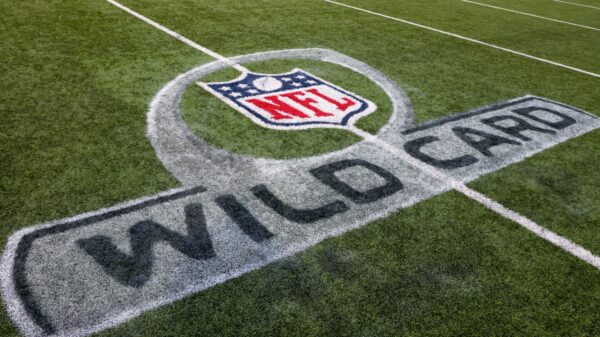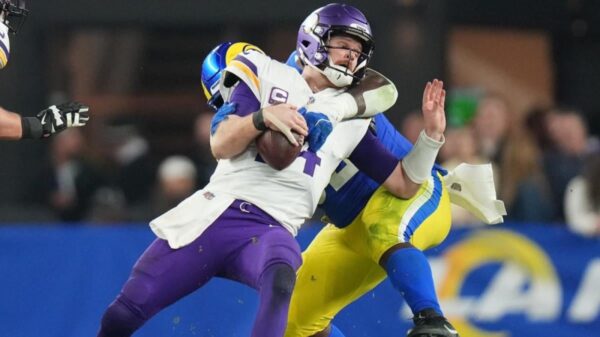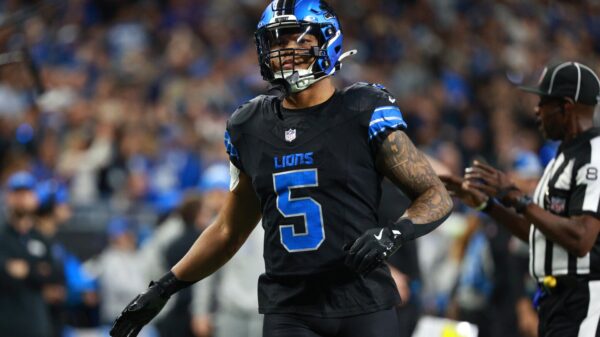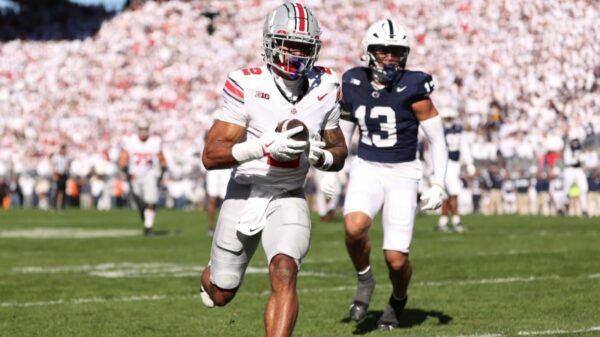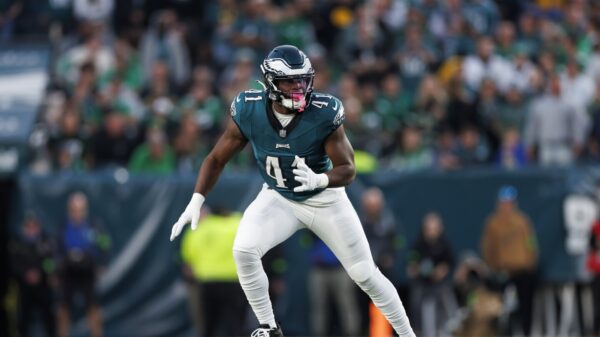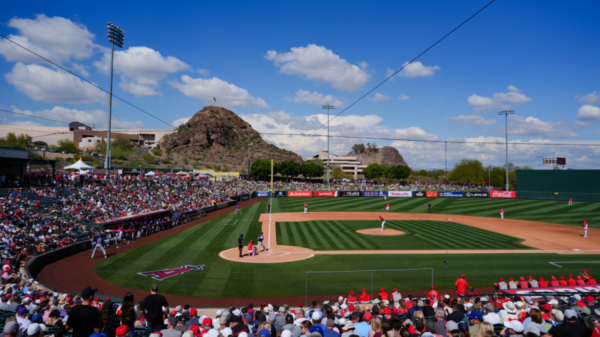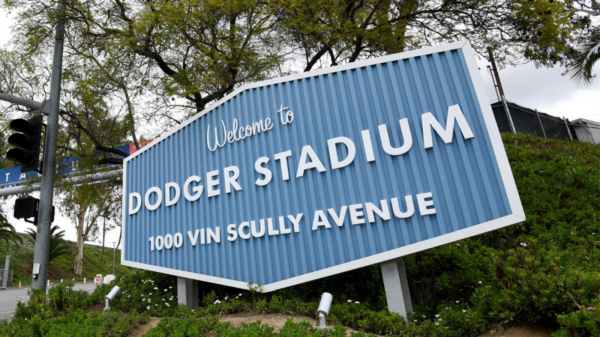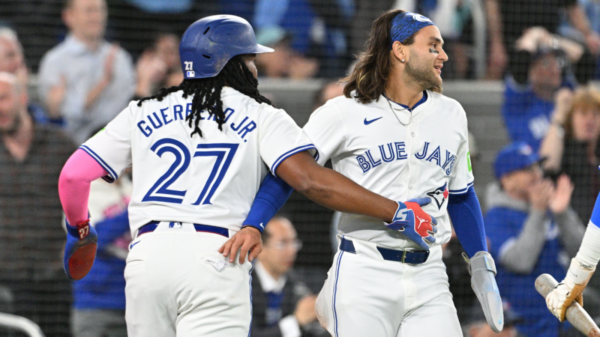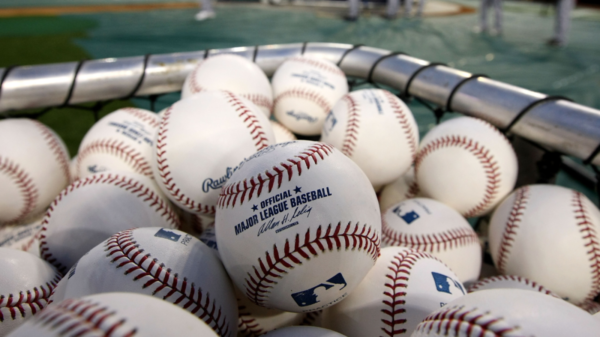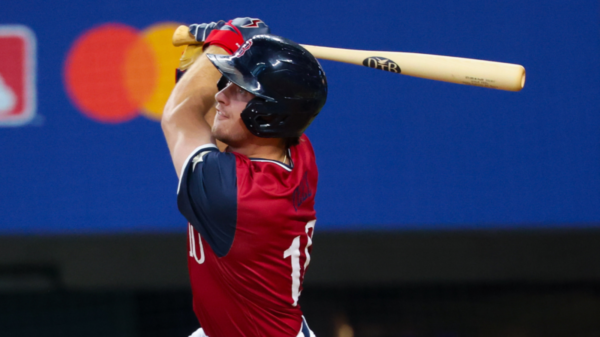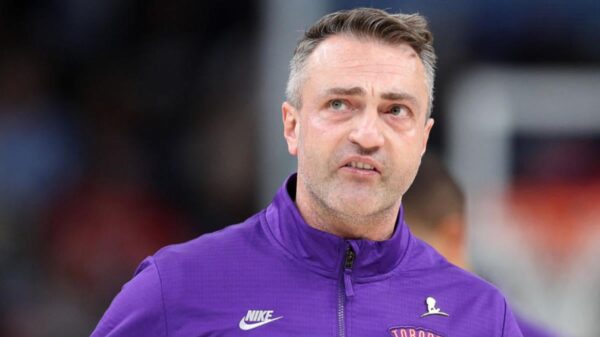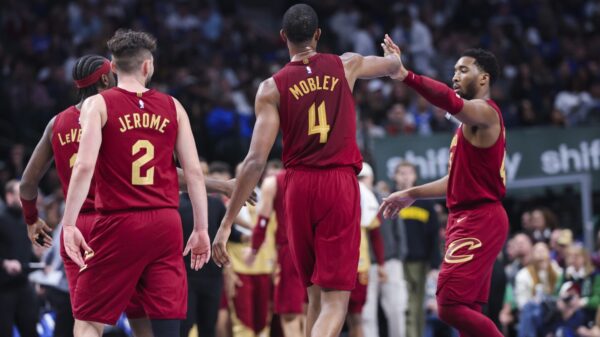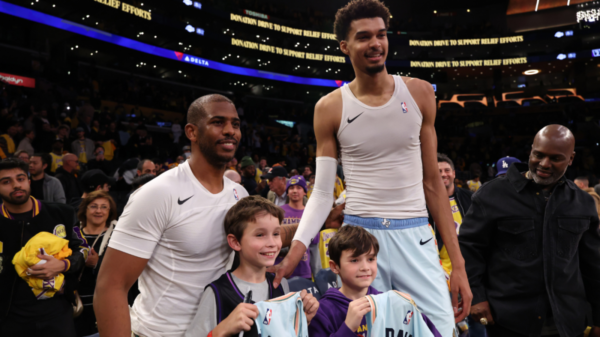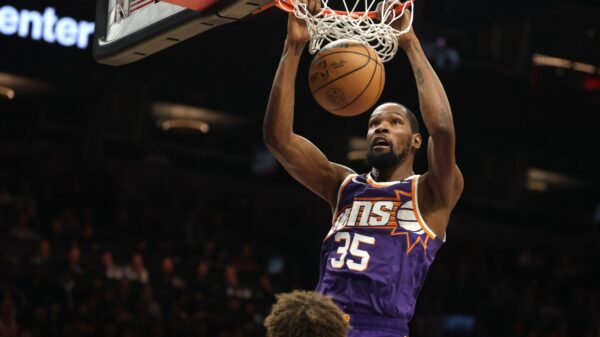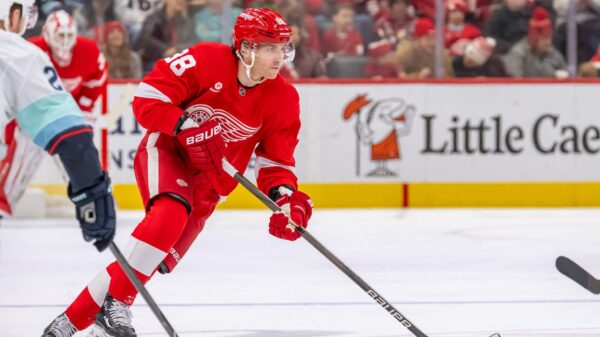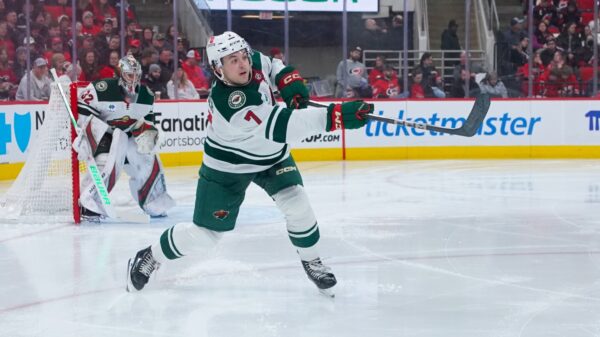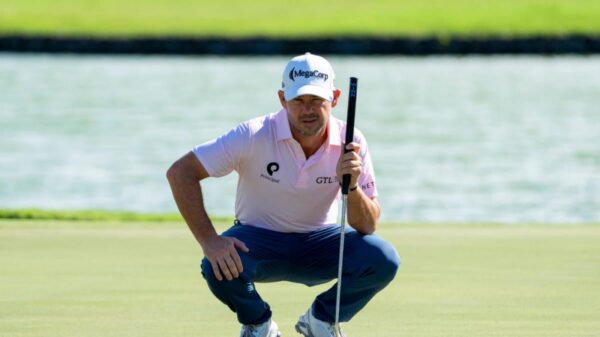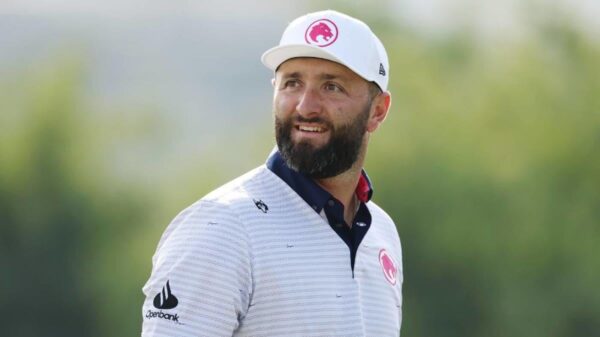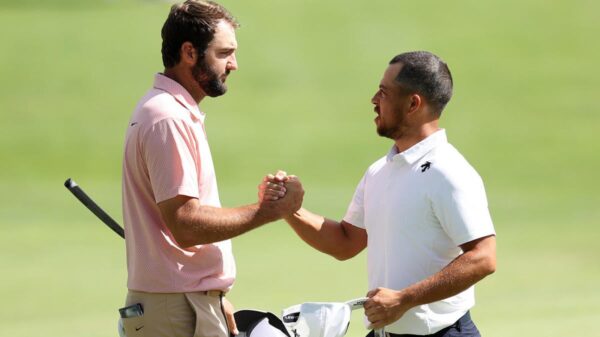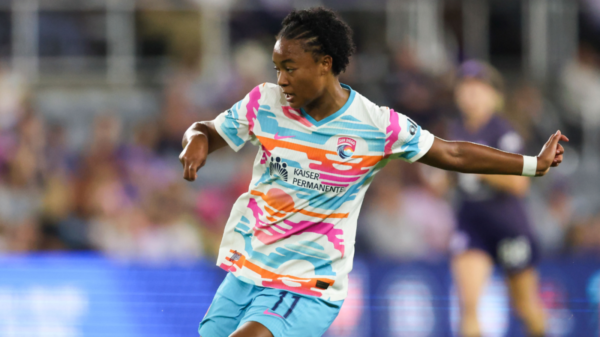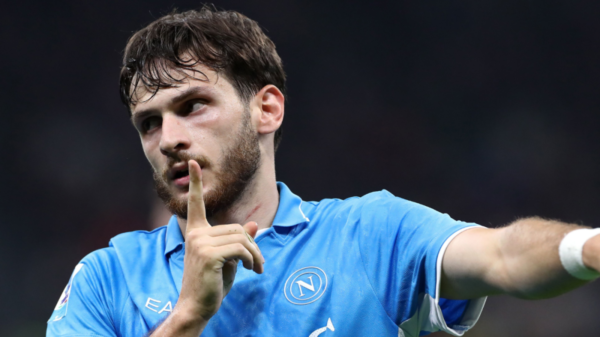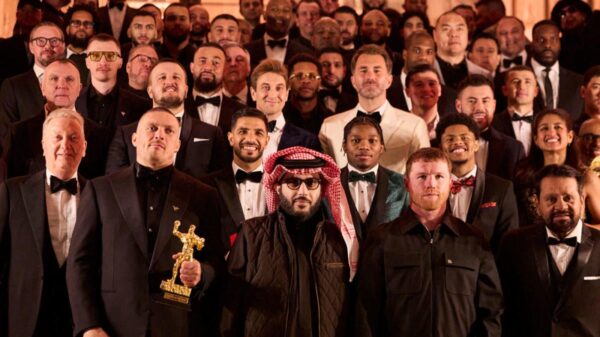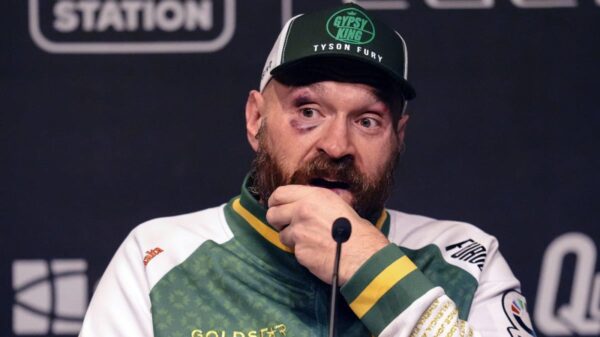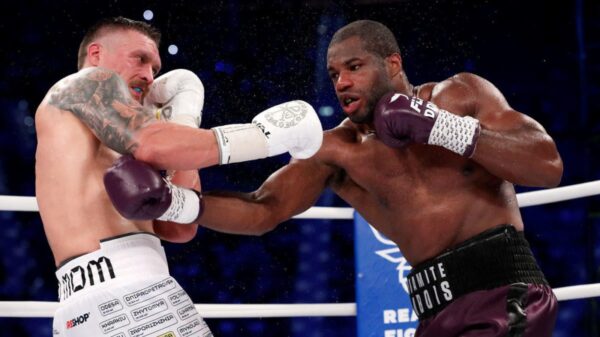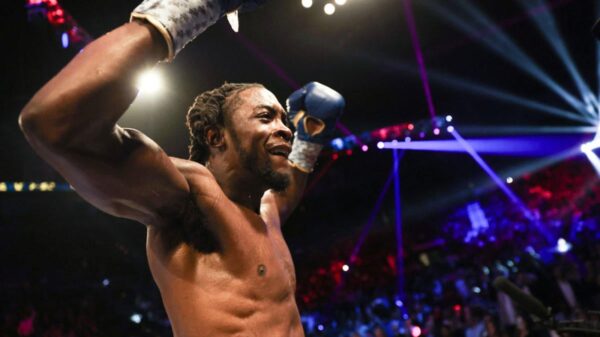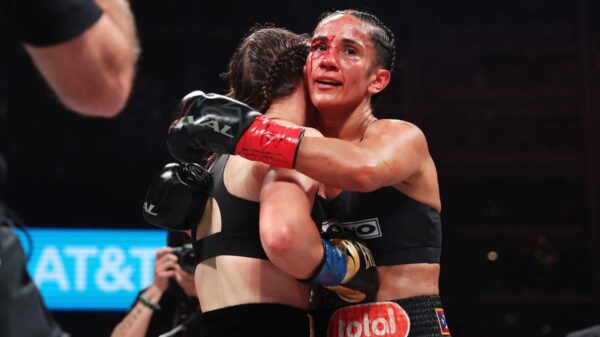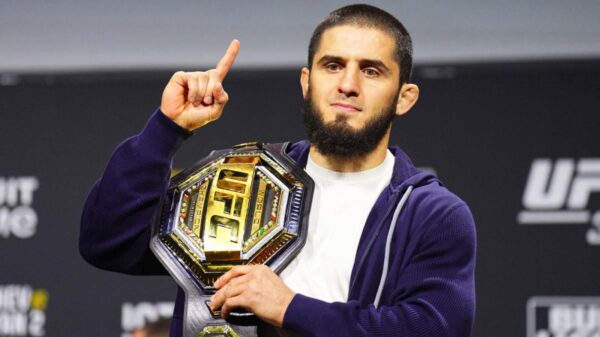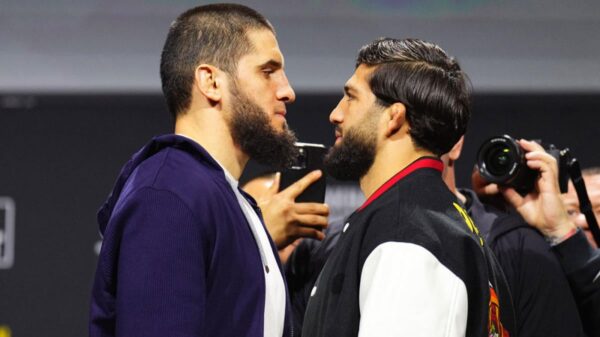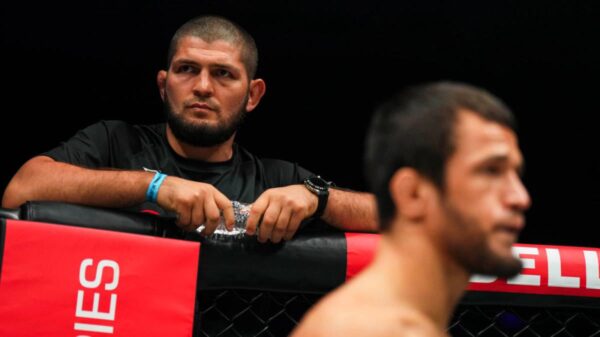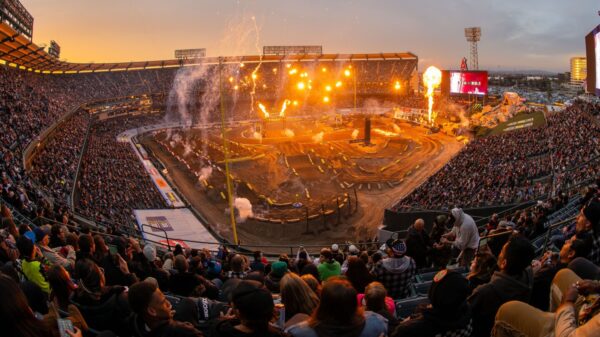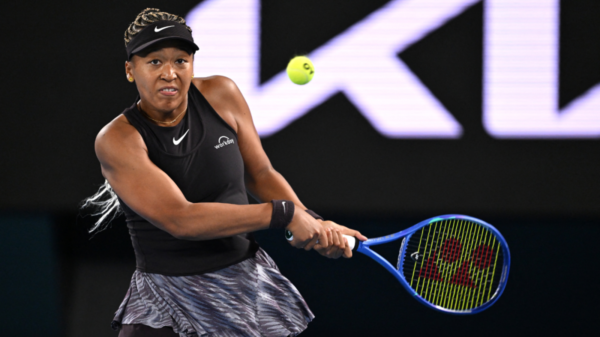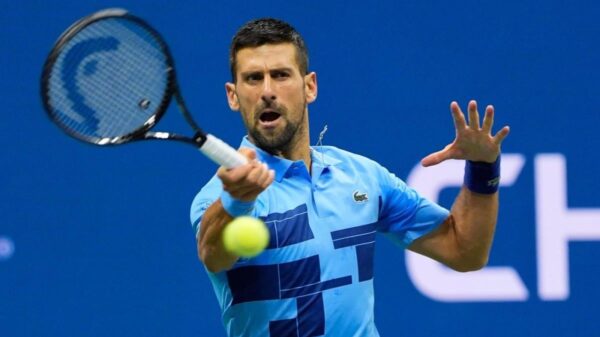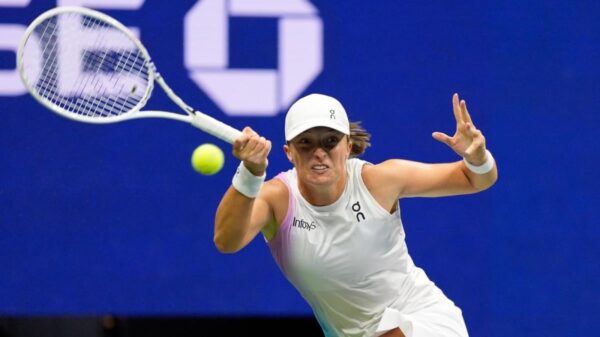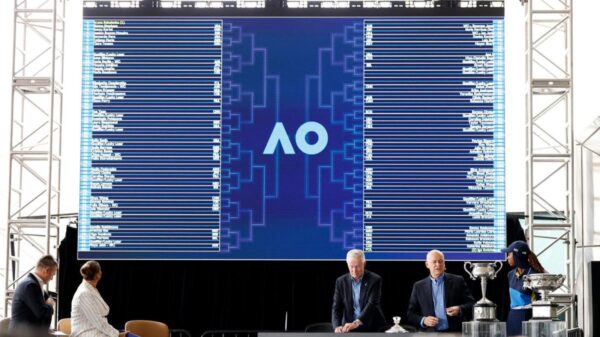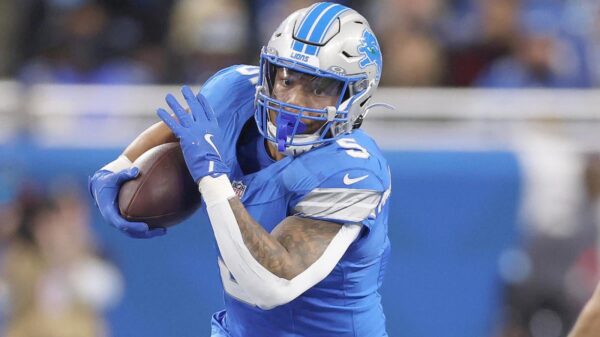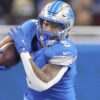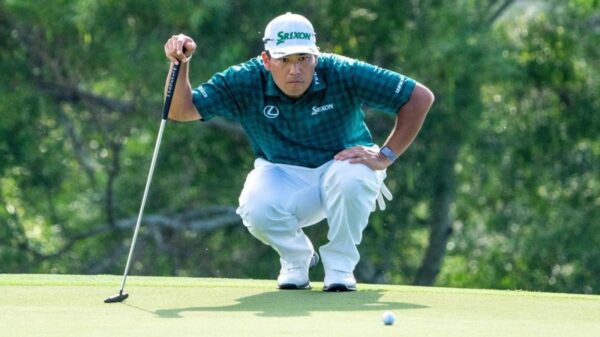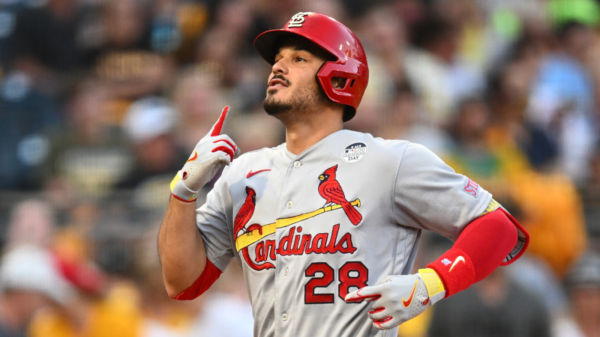There is hope within the football community that a decision on NFL player participation in the 2028 Olympics will come as early as this upcoming spring, multiple sources have informed CBS Sports.
An update on flag football is expected at next week’s league meetings in Irving, Texas, according to sources. But it should be just a small update related to the Pro Bowl Games, which now features flag football in its main event, and the continued questions around NFL player involvement in the Olympics.
The NFL is expected to give a full presentation to team owners on potential player involvement in the Olympics at March’s annual league meetings in Florida. A vote could take place at that point, or it could be tabled until a later meeting.
Flag football will be an Olympic event for the first time ever when Los Angeles hosts the 2028 Summer Games. And there’s a strong desire within the league to make the sport a permanent fixture in the Olympics for years to come, continuing with the 2032 Olympics in Australia.
But there are major issues that need to be determined before the top stars of the NFL can don the flags in pursuit of a gold medal. The issues, of course, start with money, but they don’t end there.
“It is pretty complicated,” one source aptly put it.
The first issue is a simple one: the NFL’s collective bargaining agreement with the players union does not cover international competition. This can be resolved with a simple amendment to the CBA, which was ratified in 2020 and goes through the 2030 season.
In the NBA CBA, there’s a carve-out for competition in the Olympics and the “preparatory exhibition games in connection to” the Olympics. The NHL CBA from 2020 explicitly reads that the league and union “commit to participate in the 2022 and 2026 Winter Olympics” subject to any other negotiations that may be necessary.
NFL player contracts are notoriously stringent when it comes to high-risk activities away from NFL-related events. A high-risk event like the Olympics could put a player’s earnings — especially their guaranteed money — in jeopardy. So a CBA carve-out can take place, but there may need to be adjustments to individual contracts as well.
The NFL Players Association wishes to have a significant say in the health-and-safety aspects of international competition for any NFL players. Training schedules and equipment would be near the top of the list, while the NFLPA would also certainly key in on field surfaces for the Olympics, just like they do for all NFL-related activities.
Athletes are hardly paid for the Olympics, and it’s difficult to imagine players would take issue with the relatively paltry sum they’d be paid to represent their country. The real money question lies with insurance.
Players have comprehensive medical and disability insurance through their teams and the league, but injuries suffered in non-NFL activities like the Olympics may not be fully covered.
So, who would be footing the bill for the insurance policies for these players? The three options seem to be the players themselves, USA Football and the NFL and NFLPA. Having players take out their own personal insurance to cover playing for their country against millions of dollars in career earnings would be considered too burdensome, sources say.
USA Football, the sport’s governing body that selects and trains the national team for competition, is unlikely to have the money for such policies, multiple sources say. And that would leave the group with the most resources: the NFL and the union.
Perhaps the most recent case of a star player suffering an injury in international competition is Paul George. In 2014 while competing for the FIBA World Cup, George suffered a gruesome compound fracture in his leg that saw him miss nearly the entire upcoming season just as he came off his second All-Star appearance for the Pacers.
USA Basketball is required to provide insurance for NBA teams on players as required by FIBA. If that does not happen, the NBA team that has the rights to the player is not required to allow the player to participate, according to a source. In hockey, the NHL players union constructs insurance policies for players.
Whether NFL owners have an appetite to fund their stars playing (and risking injury) in international competition at the risk of their NFL clubs is to be determined. One source said a prominent NFL owner has privately voiced his opposition to player involvement entirely.
And then there’s the calendar. The 2028 Olympics are scheduled to take place between July 14-30 of that year. Under the current training camp schedule, that would mostly fall during the window where players report, ramp up and begin padded practices.
There has been some discussion within the NFLPA about adjusting the offseason schedule to start training camp earlier while eliminating some of the voluntary work in the spring. It’s unclear whether those changes will ever take place, but it’s worth noting that the training camp schedule of this year may not be the one three-and-a-half years from now.
There’s so much more to it than just the actual Olympics schedule, though. There will be trials, training and acclimation periods. After all, flag football uses different strategies than your classic tackle football.
Is it possible a group of NFL All Pros could roll the ball out in a flag football game and win without any preparation for that style of the game? Sure. But sources don’t believe that’s what’s going to happen.
Training could begin as early as 2027, though a source pointed out the liability issues are greater the longer the training goes. If the training and trials take place all in 2028, that would consume part or all of the offseason.
Would the trials take place in a centralized location? That could pull players away from their teams during offseason work. Will teams be willing to part with their superstars for an entire offseason program? That will be a difficult question for a team in pursuit of a Lombardi.
For the purposes of fielding a competitive team of 12 to represent the United States, the earlier the decision is made, the better. But NFL team owners may not feel pressed to decide in 2025 what to do in 2028. With the significant hurdles ahead, it’s possible — if not likely — a decision won’t be reached by the annual meetings in March.
But all the available information should be there for the league to make a call in the subsequent meetings. And then team owners will be able to decide whether to allow players to go for the gold.
Read the full article here

